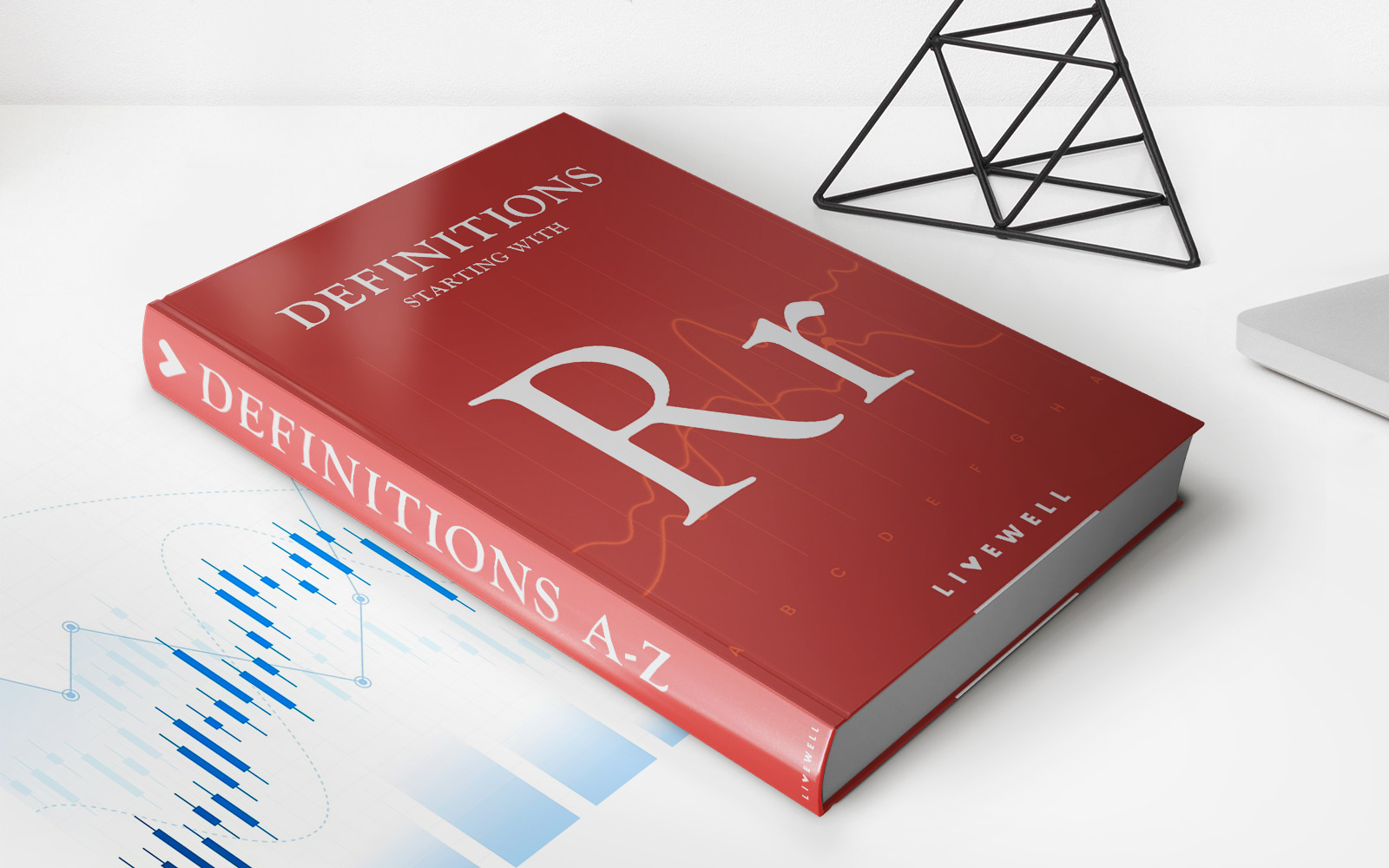

Finance
Mortgage Fallout Definition
Modified: December 30, 2023
Learn about the definition of mortgage fallout and how it impacts finance. Understand the consequences and implications of this financial term.
(Many of the links in this article redirect to a specific reviewed product. Your purchase of these products through affiliate links helps to generate commission for LiveWell, at no extra cost. Learn more)
The Mortgage Fallout Definition: What You Need to Know
When it comes to understanding the complexities of the financial world, it’s important to be well-versed in key terms and concepts. One such term that is crucial for homeowners and investors to understand is the mortgage fallout. So, what exactly is mortgage fallout and how does it impact the world of finance? Let’s delve into the definition and explore its implications.
Key Takeaways:
- Mortgage fallout refers to the number of borrowers who back out of a mortgage application or fail to complete the mortgage process.
- This phenomenon can occur due to various factors, such as changing interest rates, economic uncertainty, or personal financial situations.
At its core, mortgage fallout refers to the number of borrowers who back out of a mortgage application or fail to complete the mortgage process. This term can also encompass borrowers who cancel their mortgage approval after the application has been approved. In simple terms, mortgage fallout represents the percentage of individuals who express the intention to obtain a mortgage but end up not following through.
The mortgage fallout rate can be influenced by various factors such as changing interest rates, economic uncertainty, or personal financial situations. The volatility of the housing market and fluctuations in other financial markets can also play a significant role in affecting the mortgage fallout rate.
Now, you might be wondering why the mortgage fallout rate matters. Well, for lenders and financial institutions, a high mortgage fallout rate can result in lost revenue and can be a cause for concern. On the other hand, a low mortgage fallout rate may indicate a stable economy and financial market, fostering confidence among lenders.
For individuals looking to secure a mortgage, understanding the mortgage fallout rate is essential. It can provide insights into the reliability and stability of the lending institution, as well as the overall market conditions. A high mortgage fallout rate may be an indication of potential issues with the lending process or lack of customer support.
So how can individuals mitigate the risk of becoming a part of the mortgage fallout statistic? Here are a few tips:
- Thoroughly research and choose a reputable lender with a low mortgage fallout rate.
- Ensure your financial situation is stable and well-suited to take on a mortgage.
- Stay updated on market trends and interest rates, as these factors can impact your mortgage application.
- Seek professional advice from mortgage brokers or financial advisors to help navigate the mortgage process successfully.
- Keep an open line of communication with your lender to address any concerns or questions.
By being informed and proactive, borrowers can increase their chances of successfully obtaining a mortgage without becoming a mortgage fallout statistic.
In conclusion, understanding the mortgage fallout definition is crucial for both lenders and borrowers alike. By being aware of the factors that contribute to mortgage fallout and taking necessary precautions, individuals can navigate the mortgage process more effectively and increase their chances of securing a mortgage without any setbacks.














